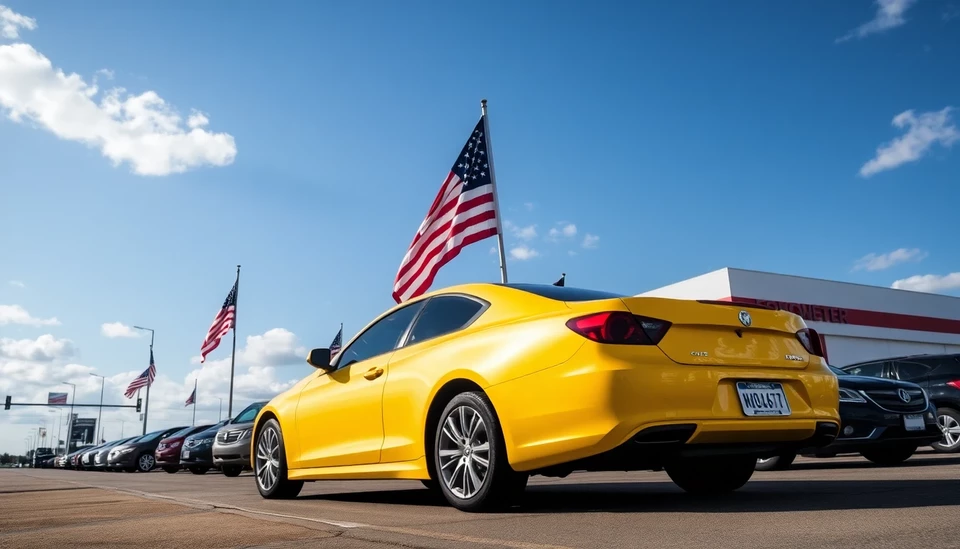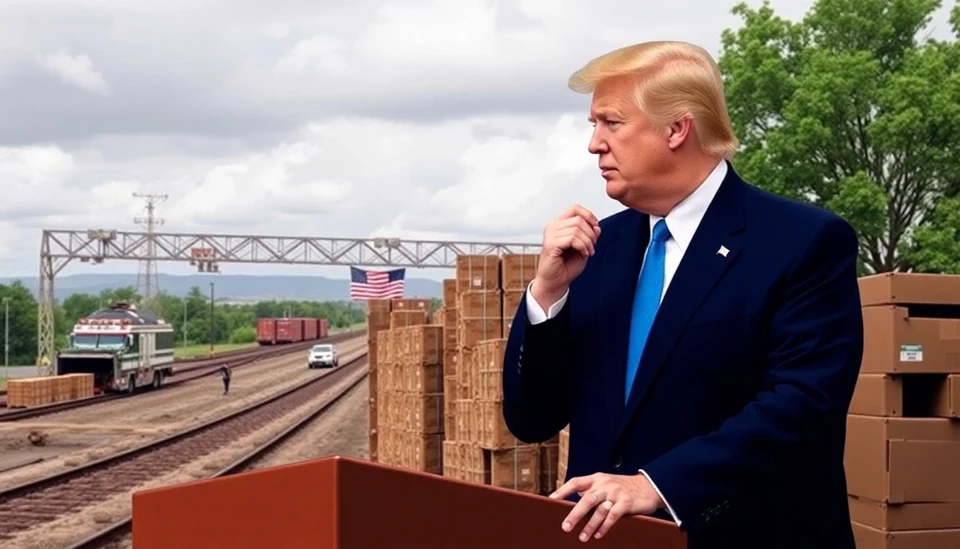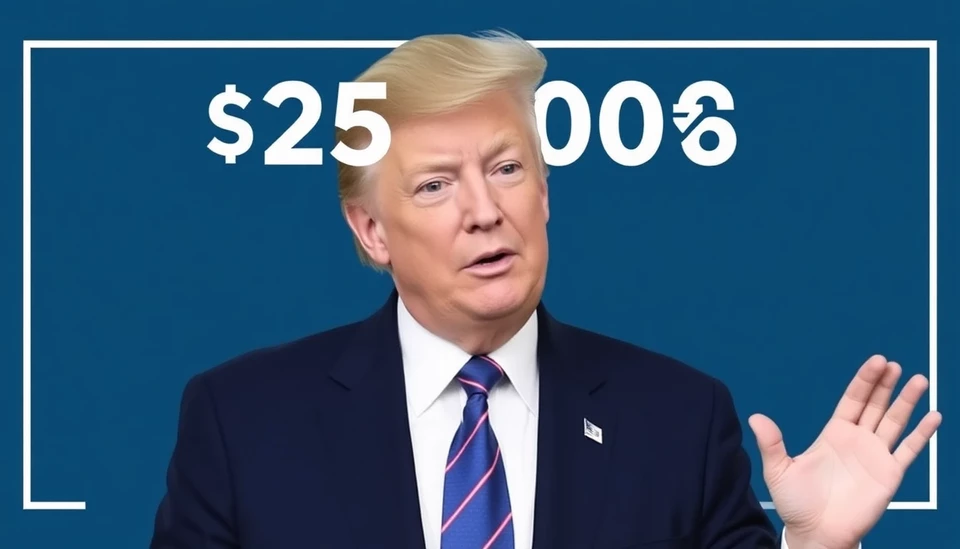
In an unprecedented development, recent tariffs implemented by former President Donald Trump are creating a wave of chaos across auto dealerships in the United States. These tariffs, designed initially to protect domestic industries, are instead turning into a logistical nightmare for car retailers who find themselves grappling with fluctuating prices and unpredictable inventory.
As dealers adjust to the new pricing structure imposed by the tariffs, many are experiencing significant disruptions, including inventory shortages and dramatic price hikes on vehicles. This turmoil stems from the increased costs of imported parts and materials, which have surged sharply due to these tariffs, forcing dealerships to rethink their pricing strategies and inventory management.
In particular, the automotive sector has been hit hard. Dealerships that relied heavily on imported vehicles are facing a stark reality: the additional costs imposed by tariffs have rendered many models too expensive to sell at their traditional price points. As a result, some dealers are proactively buying back vehicles from customers in an effort to stabilize inventory levels amidst unpredictability.
This buyback initiative, however, is not without its challenges. Many customers, caught in the middle of the frenzy, now find themselves weighing the pros and cons of returning their vehicles against potentially lower resale values. Some dealership owners are expressing frustration, stating that the buybacks could ultimately lead them to financial strain as they attempt to offset the high costs associated with maintaining a healthy inventory under the new economic pressures.
Furthermore, this turmoil has been exacerbated by uncertainty surrounding trade policy and fluctuating demand. As tensions persist in international trade relations, dealerships are left in a precarious position where their ability to operate and compete effectively is significantly hindered. Many are appealing for a more stable market condition that would allow them to return to normalcy.
The ramifications of these tariffs extend beyond just the dealerships. Consumers may soon be confronted with rising vehicle prices along with fewer options, making it difficult for buyers to find cars within their budget. Industry analysts warn that this could lead to a long-lasting impact on the market, potentially affecting purchase decisions for months or even years to come.
As the immediate future remains uncertain, auto dealerships are bracing for continued fallout from the tariffs while working diligently to find innovative solutions to navigate this challenging landscape. The need for broader discussions on trade policies continues to grow, as stakeholders contemplate how these changes can sustainably shape the industry moving forward.
In summary, the implementation of Trump’s tariffs is sending shockwaves through the automotive industry, prompting car dealerships to adapt to a tumultuous environment characterized by price volatility and supply chain challenges. The road to recovery may be long, but for now, dealerships are doing their best to manage the crisis at hand.
#TrumpTariffs #AutoIndustry #CarDealerships #SupplyChainCrisis #VehicleBuyback #Economy #TradePolicy
Author: Victoria Adams




